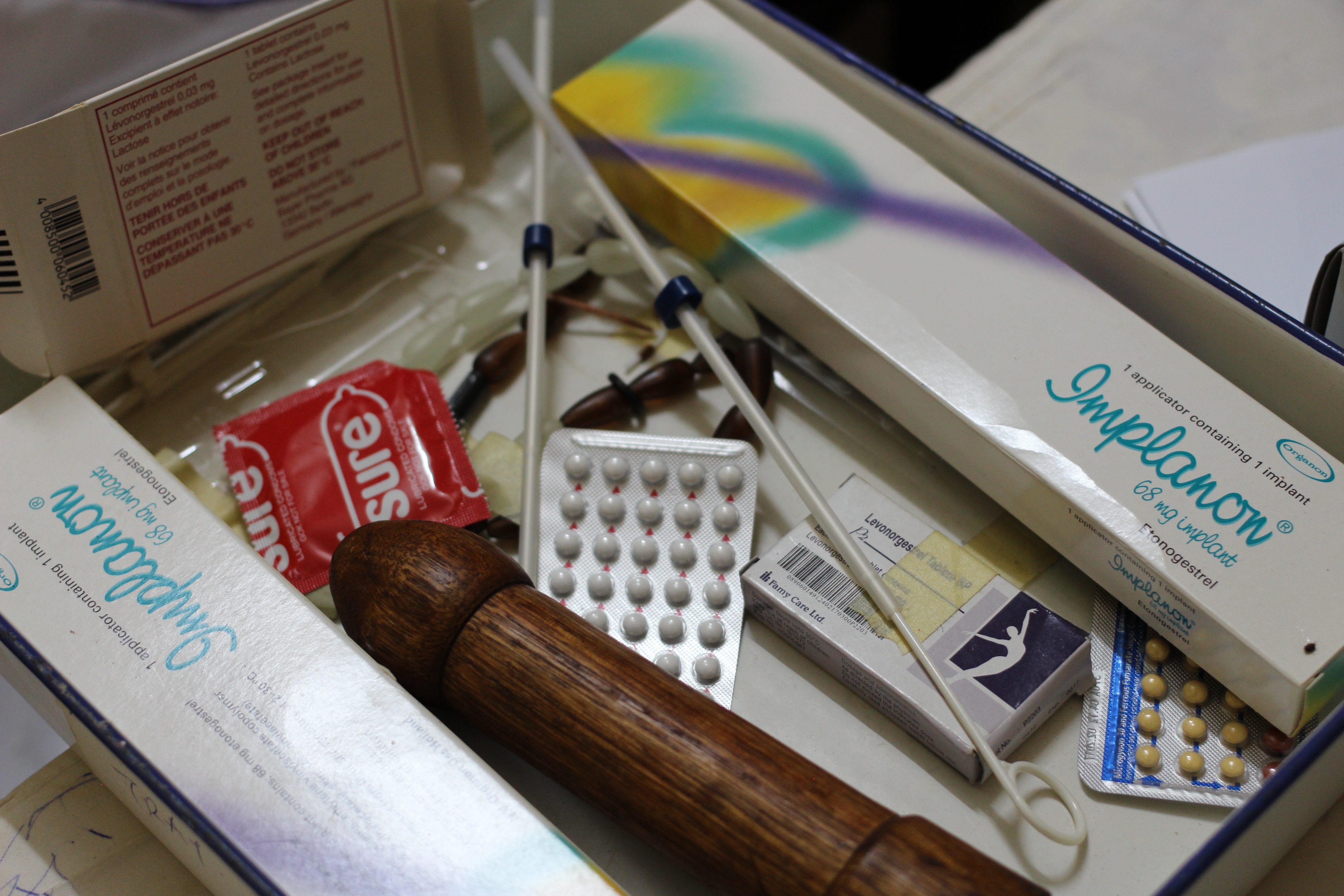Previous Research
The Women of Shaheen Bagh (India 2020)
![]()
The study sought to understand the motivations, contributions, aims and visions of first-time women protestors opposing the recently passed citizenship amendment laws; and the links of this struggle to women’s rights, empowerment and gender identities. Led by the Institute for Development Studies, at the University of Sussex the study took the Shaheen Bagh protest site, in New Delhi, as a case study, where the women led protest had been on-going for over three months, to understand the protests from the perspective of first-time Muslim women protestors.Using qualitative methodologies like semi-structured interviews and participant observation, the study aimed at exploring the alliances formed by the protestors, the strategies used by them - including art, songs and social media - and their visions for the future. The study resulted in a number of publications authored by the Principal Investigator.
Project Udaan (India 2018)
![]()
In collaboration with the Government of Rajasthan and IPE global, the project aimed at reducing teen pregnancie in Rajasthan by improving access to quality Sexual and Reproductive Health (SRH) education and services. Building on the existing RKSK framework (a government initiative by the Ministry of Health and Family Welfare), the team sought to assess and improve existing touchpoints, as well as introduce new ones. The team undertook multiple community FGDs, co-creation workshops and expert interviews to arrive at the current model, now in use within multiple districts in Rajasthan and adopted by UNDP in Madhya Pradesh.

The study sought to understand the motivations, contributions, aims and visions of first-time women protestors opposing the recently passed citizenship amendment laws; and the links of this struggle to women’s rights, empowerment and gender identities. Led by the Institute for Development Studies, at the University of Sussex the study took the Shaheen Bagh protest site, in New Delhi, as a case study, where the women led protest had been on-going for over three months, to understand the protests from the perspective of first-time Muslim women protestors.Using qualitative methodologies like semi-structured interviews and participant observation, the study aimed at exploring the alliances formed by the protestors, the strategies used by them - including art, songs and social media - and their visions for the future. The study resulted in a number of publications authored by the Principal Investigator.
Project Udaan (India 2018)

In collaboration with the Government of Rajasthan and IPE global, the project aimed at reducing teen pregnancie in Rajasthan by improving access to quality Sexual and Reproductive Health (SRH) education and services. Building on the existing RKSK framework (a government initiative by the Ministry of Health and Family Welfare), the team sought to assess and improve existing touchpoints, as well as introduce new ones. The team undertook multiple community FGDs, co-creation workshops and expert interviews to arrive at the current model, now in use within multiple districts in Rajasthan and adopted by UNDP in Madhya Pradesh.
Understanding Infertility (India 2018)

The study titled, ‘Marginalised Lives: Infertility, childlessness, and healthcare seeking in resource poor settings in Nepal and India’, led by the Graduate Institute, Geneva, sought to examine the policy and scholarly blind spots within the discourse around infertility and address the lack of public health dialogue around the issue. Through ethnographic data collection, grounded in thorough literature reviews and secondary research, the study aimed to bring to light the unaffordability of assisted reproductive technologies for a large section of the population, the social stigma and ostracism resulting from the condition, the gendered experiences of childlessness, and the state of healthcare provision, both formal and informal.
CTI Labs (Kenya and India 2017)

CT Innovation Labs sought to understand the socio-economic challenges, unmet needs, cultural perspectives and user behaviours around existing female contraceptive technologies, towards facilitating ideation around product ideas for the future of contraception. Field work in Kenya and India, was followed by two ideation workshops, which brought together healthcare practitioners, R&D representatives, and experts in the field of sexual and reproductive health.